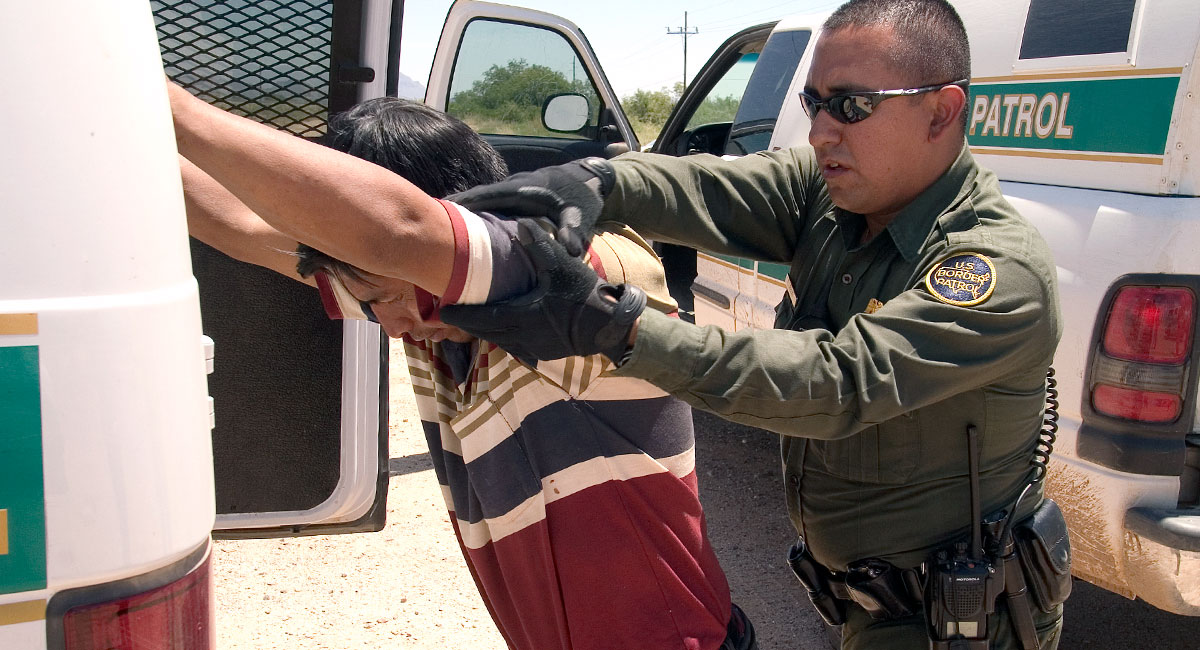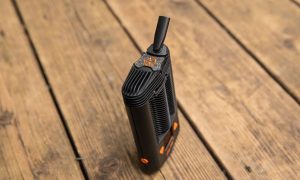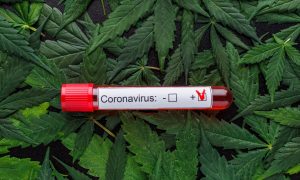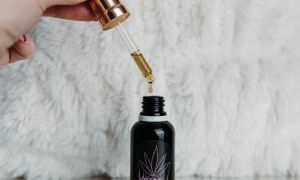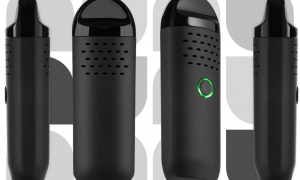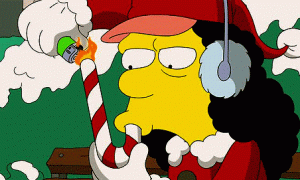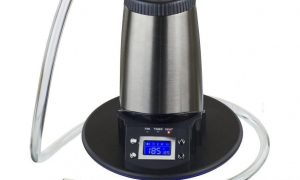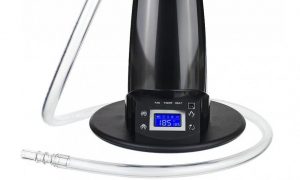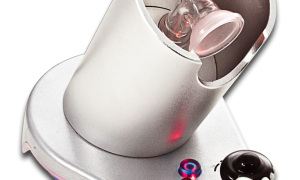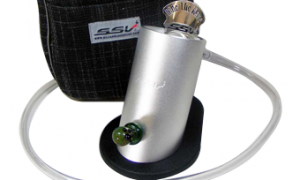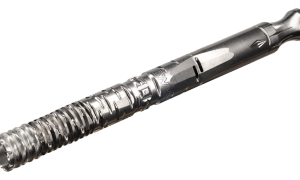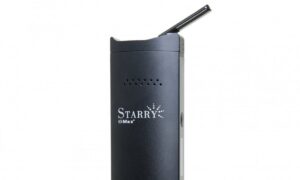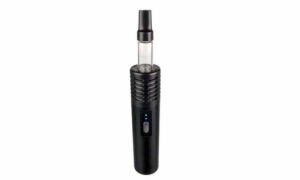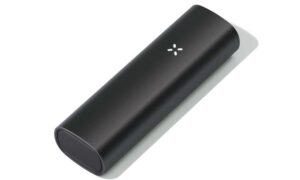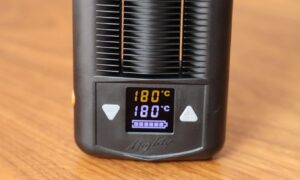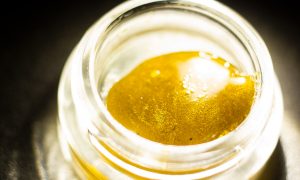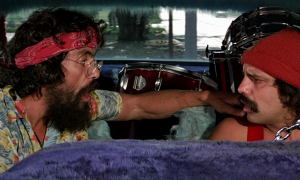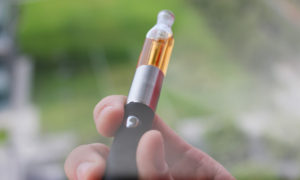Marijuana.com writer Jon Hiltz looks at instances of the US banning tourists – including a member of the Dopamine team – that admit to having smoked weed. Part 2 looks at a Canadian journalist living in BC who was stopped at the border on the way to a Washington festival. Read Part 1 and Part 3.
MORE: Five weed-friendly vacation spots (that aren’t Amsterdam)
Alan Ranta is a Canadian journalist living in British Columbia who has experienced this issue first-hand.
“I was on my way down to the Cascadia Music Festival in Washington [State]. I had absolutely nothing on me, but I did have my costume for the party and I don’t think [the border guard] liked the look of me,” Ranta said. He added that his costume had nothing with marijuana leaves on it – he just wore a pair of fake sunglasses and a funny-looking hat. “I looked like I was having too much fun.”
Ranta does enjoy cannabis and he was heading into a state that had legal adult-use cannabis in place, so even trying to “smuggle” some in was not something he would have ever considered. “I’m from Vancouver, so I could have gotten it easily here, but was going to a place where it’s legal so I wasn’t going to bring anything with me.”
Ranta said that the border guard asked him a couple of questions. The guard then pulled him over and started going through his car. Ranta was then taken into an interrogation room, handcuffed, and directly asked if he smoked pot. “I said yeah, and then they asked me more questions like where do I smoke it, and how do I smoke it. I said I usually smoke at home and I usually smoke joints.”
Ranta assumed that the answers to these questions were completely benign, considering he had no marijuana on him and he did not break any US laws by smoking weed in Canada.
Another four hours went by where they took Ranta’s statements and fingerprinted him. They then came back and said that he was denied entry. “He said if I didn’t sign my statement he would arrest me.”
Now, every time Ranta wants to enter the United States he needs to apply for a waiver, which can also be denied. “A waiver costs anywhere from $700 to $1200 [CAD].”
Ranta went back to Canada and quickly consulted with a lawyer about the issue. “Basically there’s nothing you can do, you’re at the federal border and admitted to a criminal offence. Also, I had smoked earlier that day, so if I had lied about it, he openly told me that if I said no and they swabbed me and found any residue, they would have locked me away.” After the incident, various Canadians reached out to Ranta with similar stories.
Since May of 2016 when this happened, Ranta has not been back to the United States, mainly because he cannot afford the waiver. “I don’t have $700 laying around. That’s a month’s rent for me.”
Despite the issues Ranta had with authorities, he hopes that things will change. “You would hope that eventually common sense will prevail.”
This article was originally published on marijuana.com. Read the original article here.

